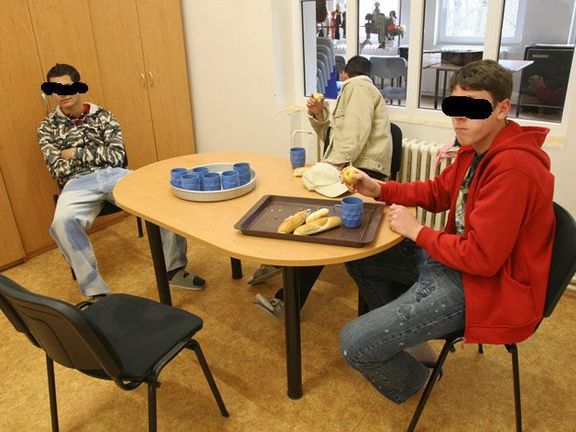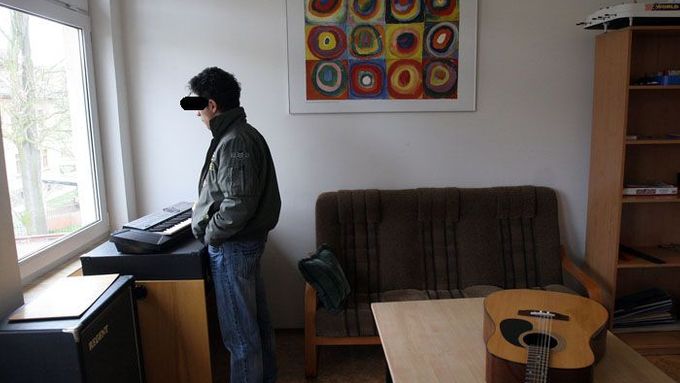Prague - Institutional care in the Czech Republic fails children, and especially girls, as majority of them is bound to have a conflict with law once they are on their own.
Research done recently by Czech Ministry of Interior shows that at least fifty percent of the children who had spent some part of their childhood in the local child educational facilities or youth shelters follow criminal patterns in their behaviour after they are released.
Nothing more than detention
Especially alarming is the criminal offence rate among girls, as 90 per cent of them commit their first crime only after they have left the facility, which is nearly double the rate for both of the sexes combined.
"These findings unambiguously point out, that putting a child into an institutional care means, in many cases, simply detention and a suspension of a social-pathological development, which after leaving these facilities either continues or is initiated by the unfit conditions into which the kid is coming back," the ministry believes.
And all of this is taking place while the number of children who are raised outside their family is actually growing in the Czech Republic compared to the decreasing numbers of institutional care, for example, in neighbouring Germany.
Who gets the blame?

Infobox
Criminal offences committed by institutionally raised children
Most common crimes are crime offences against property 85%
Violent offences were committed by 15% of children, one of the young offenders committed no less than 139 crimes of violence.
21 children committed a murder; the youngest offenders were 13 and 16 years.
Offenders with the highest number of crimes committed 479, 379 and 375 crimes.
360 children committed more than 50 crimes, 44 of them before and during the institutional care
81 children perpetrated more than 100 crimes, 14 of them were put into protective care (one of them was girl), 4 inmates had their institutional care changed to protective care. Before leaving the institutional care none of these children was put from institutional care to the protective one.
Focus on the girls
The total number of girls who had left the institutional care during the last decade is 6800.
There were 2153 girls among the children who had committed crimes
Girls make 21% of all offenders, which is double the rate of women committing crimes in the overall population.
On the average, girls committed 3 crimes, the extreme is 131 crimes.
Before and during the institutional care 214 girls committed crime (that makes 10%)
After leaving the institutional care, 90% of the girls (1924) committed crime.
Researchers traced fates of 17 454 adults and kids who had spent some time in the special facilities between the years 1995 and 2004.
"In 1999, 6901 children were placed into 185 facilities in the Czech Republic, in 2005 it was 7300 children and this year it has been more than 7600 children in 225 facilities," states the report called "The evaluation of the endangered children care system".
The ministry forwarded the findings, from which we quote in this article, to the government last week and it is calling courts and social workers to account.
"Formal approach of some of the courts in deciding to put child into a special facility without knowing precisely about the child and the facility leads to unnecessary delays and to unnecessary long-time stays in institutional care," says the ministry.
The number of social workers is lower than needed, the report says, and those who are working as such aren't using the opportunities provided by law; they are not sensitive in solving these situations and are mostly opting for the stereotypical bureaucratic solutions.
"As a consequence of this situation, it is impossible to ensure a systematic work in order to prevent a family collapse, and instances of unpremediated placement of children into institutional care (sometimes too early, sometimes too late) follow, combined with a lack of interaction with the family after a child is taken from them while it should be revitalized with the aim of creating a possibility of a quick return of this child from the institutional facility back to the original family," the ministry reports concludes.








